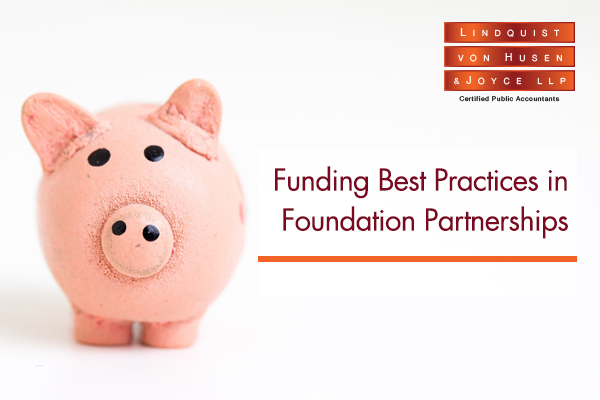
We know it isn’t easy to crack the code of funding best practices when working with private foundations. But a recent survey of 51 foundation trustees, foundation staff and grantee representatives — all of whom were recruited independently from 13 states in the U.S. — has helped to shed some light on what these highly engaged foundation leaders look for and expect from their closest nonprofit grantee partnerships.
Respondents were significantly concentrated in the Southwestern U.S. So these insights could help your nonprofit organization identify more right-fit foundation opportunities and invest more time in developing relationships that have a common goal of maximizing outcomes.
The study, conducted through Oklahoma State University, identified ways that so-called “activist investors” who partner in various ways with specific grantee nonprofits share the following characteristics and funding best practices.
Constrained Access
Activist investors within private foundations rely more on their networks to identify funding prospects. This requires more “boots on the ground” networking and marketing by grantees to locate these right-fit leaders and partnerships as opposed to submitting a blind proposal.
High Expectations
Expectations are to achieve disproportionately high returns, only investing where high returns are perceived. The study noted that investors aren’t risk-averse. In fact, the mindset seems to be no pain, no gain. Nonprofits who are willing to demonstrate innovative missions or methods rise to the top.
Blurred Organizational Boundaries
These foundation leaders occasionally join nonprofit partner boards as well as provide organizational counseling and technical assistance, leveraging their networks. The closest nonprofit partners welcome this guidance, recognizing the value of the foundation leaders’ experience.
Hyper Attention to Detail
Anticipate that engaged foundation leaders will read your organizational reports thoroughly, occasionally make site visits, ask probing questions and give unsolicited advice.
Demand for Transparency/Candor
Foundation leaders who are willing to invest time, talent and resources in grantee nonprofits do not appreciate surprises; they expect proactive information. Nonprofit organizations must maintain a high degree of transparency on goals, emerging issues and changes in order to maintain a close relationship with these engaged foundation funders.
The study concludes that partnerships with entrepreneurial and engaged private foundations offer greater funding certainty and more flexibility, but require more investment by the nonprofit leadership in relationship development, performance-related expectations and candid and timely communication.
You may also like: Tips for New Board Members
Source: Nonprofit Quarterly








